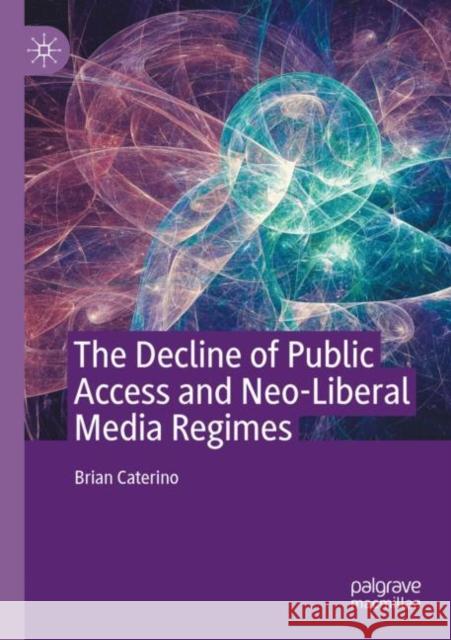The Decline of Public Access and Neo-Liberal Media Regimes » książka
topmenu
The Decline of Public Access and Neo-Liberal Media Regimes
ISBN-13: 9783030394059 / Angielski / Miękka / 2021 / 280 str.
The Decline of Public Access and Neo-Liberal Media Regimes
ISBN-13: 9783030394059 / Angielski / Miękka / 2021 / 280 str.
cena 342,14
(netto: 325,85 VAT: 5%)
Najniższa cena z 30 dni: 327,68
(netto: 325,85 VAT: 5%)
Najniższa cena z 30 dni: 327,68
Termin realizacji zamówienia:
ok. 22 dni roboczych.
ok. 22 dni roboczych.
Darmowa dostawa!
Kategorie:
Kategorie BISAC:
Wydawca:
Palgrave MacMillan
Język:
Angielski
ISBN-13:
9783030394059
Rok wydania:
2021
Wydanie:
2020
Ilość stron:
280
Waga:
0.35 kg
Wymiary:
21.01 x 14.81 x 1.55
Oprawa:
Miękka
Wolumenów:
01
Dodatkowe informacje:
Wydanie ilustrowane











